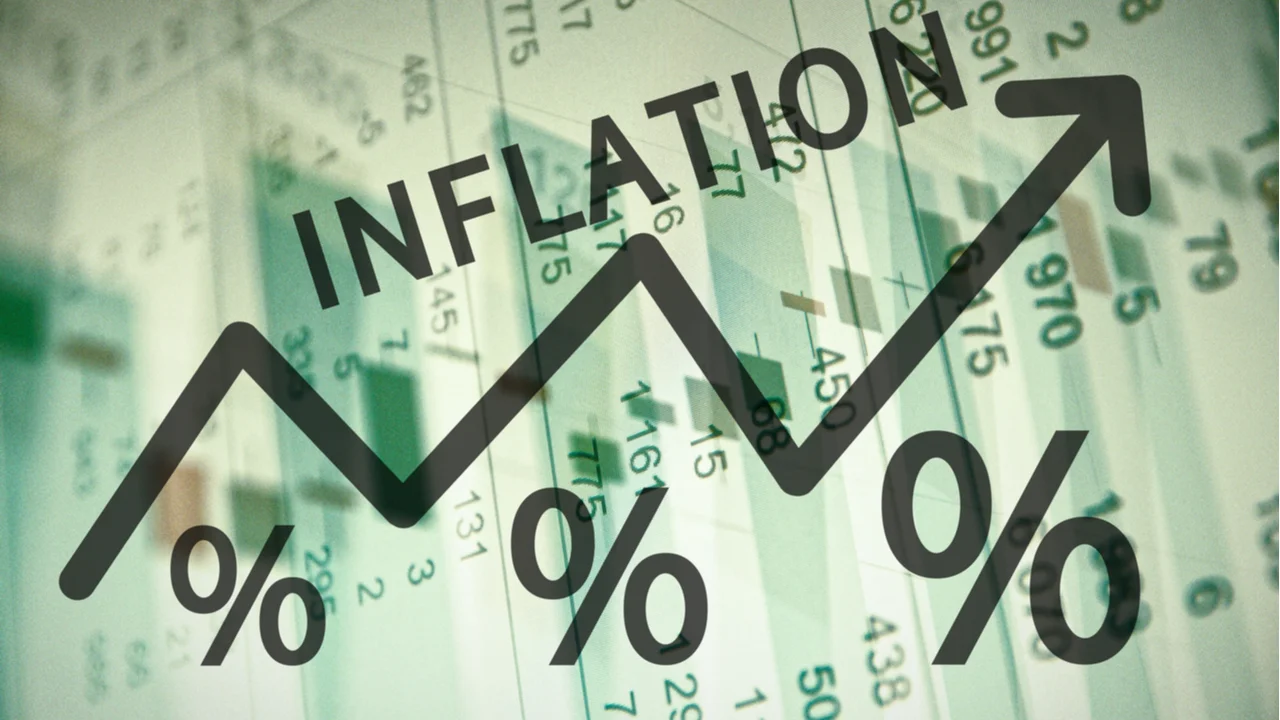
BRIAN CHITEMBA THE Zimbabwe economy is standing on the edge of a precipice. Will it tip over into the abyss or will it turn around and survive? Those are the questions on everyone’s mind. Zimbabweans are waiting with bated breath for the government’s next move to save the economy, and the people, from imminent disaster.
The tipping point is fast approaching. Inflation, which has always been the country’s Achilles heel, is raging like hellfire. Last month (May), it hurtled to 131,7% year-on-year from 96,4% in April. In January it was 60,6%. The projectile is scary as it shows the figures will continue to migrate north with very bad results.
People across the board are in panic mode as memories of the hyperinflation that hit the country in 2008 come back to haunt everyone. That year inflation spiralled out of control pushing the central bank to, in desperation, issue a 100-trillion dollar note, which the people rejected.
A similar scenario is not completely out of the question; some economists are already projecting the Zimbabwe dollar will die an inevitable death by the end of this month.
Scholars’ minds are now seized with the question of whether Zimbabwe should dollarise or de-dollarise.
But discerning ones are already saying the answer to this vexing question will not be provided by government authorities or the Reserve Bank of Zimbabwe, but by the man on the street.
This is exactly what happened, when Zimbabweans rejected the currency at the end of 2008, resulting in the dollarisation that followed in February the following year.
Many reasons have been put forward to explain why the local currency is failing. Some of them are internal factors while others are external. Poor decision-making by the government will ultimately be the main reason.
- Chamisa under fire over US$120K donation
- Mavhunga puts DeMbare into Chibuku quarterfinals
- Pension funds bet on Cabora Bassa oilfields
- Councils defy govt fire tender directive
Keep Reading
Add to this a buccaneering business elite that wishes to make profit by any means necessary at the expense of the majority. They wouldn’t care less if the whole government edifice collapses.
But external factors have also played a role, particularly the sanctions imposed by the West. Students of sanctions have come to the conclusion that these embargoes are, in fact, the new form of warfare: asymmetric, rather than open firepower.
Wherever they have been imposed the main purpose is to hit that country’s currency hardest, so the country cannot function. It is a historic fact that an economy cannot thrive without its own currency.
As far as the West is concerned, Zimbabwe is now where it wanted it to be for the past 20 years. Government policies since the Robert Mugabe era have always played into the hands of the West.
The West’s persistent refusal to reengage is driven by the realisation that Zimbabwe cannot continue in the path it is following much longer, in other words, it is now there for the picking.
Damned if it dollarises; damned if it doesn’t.











